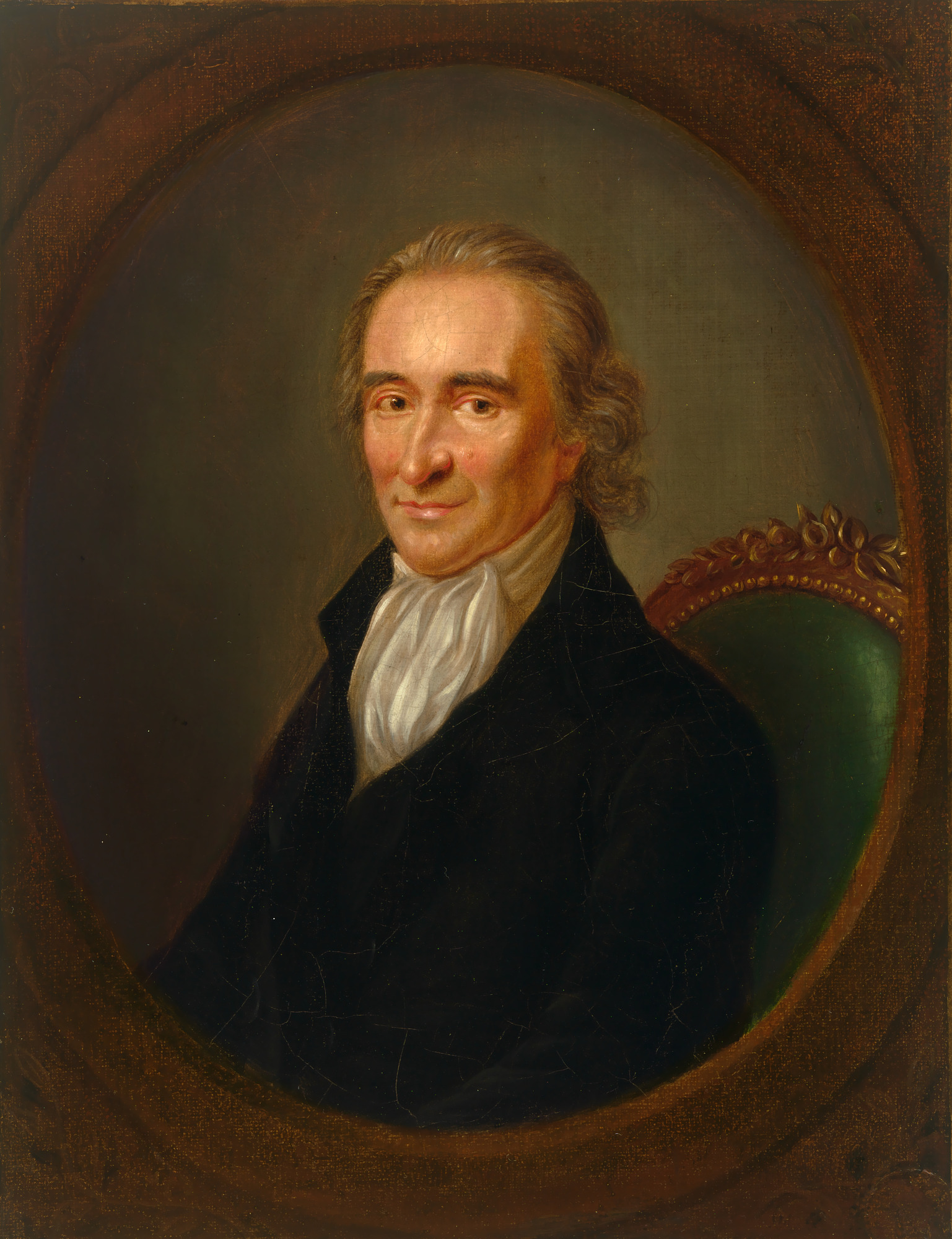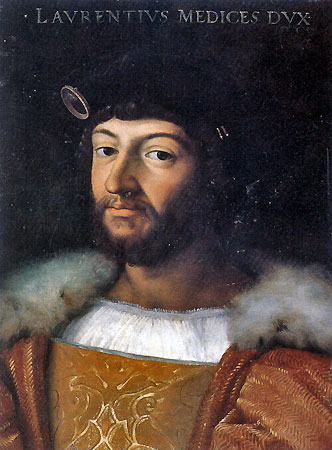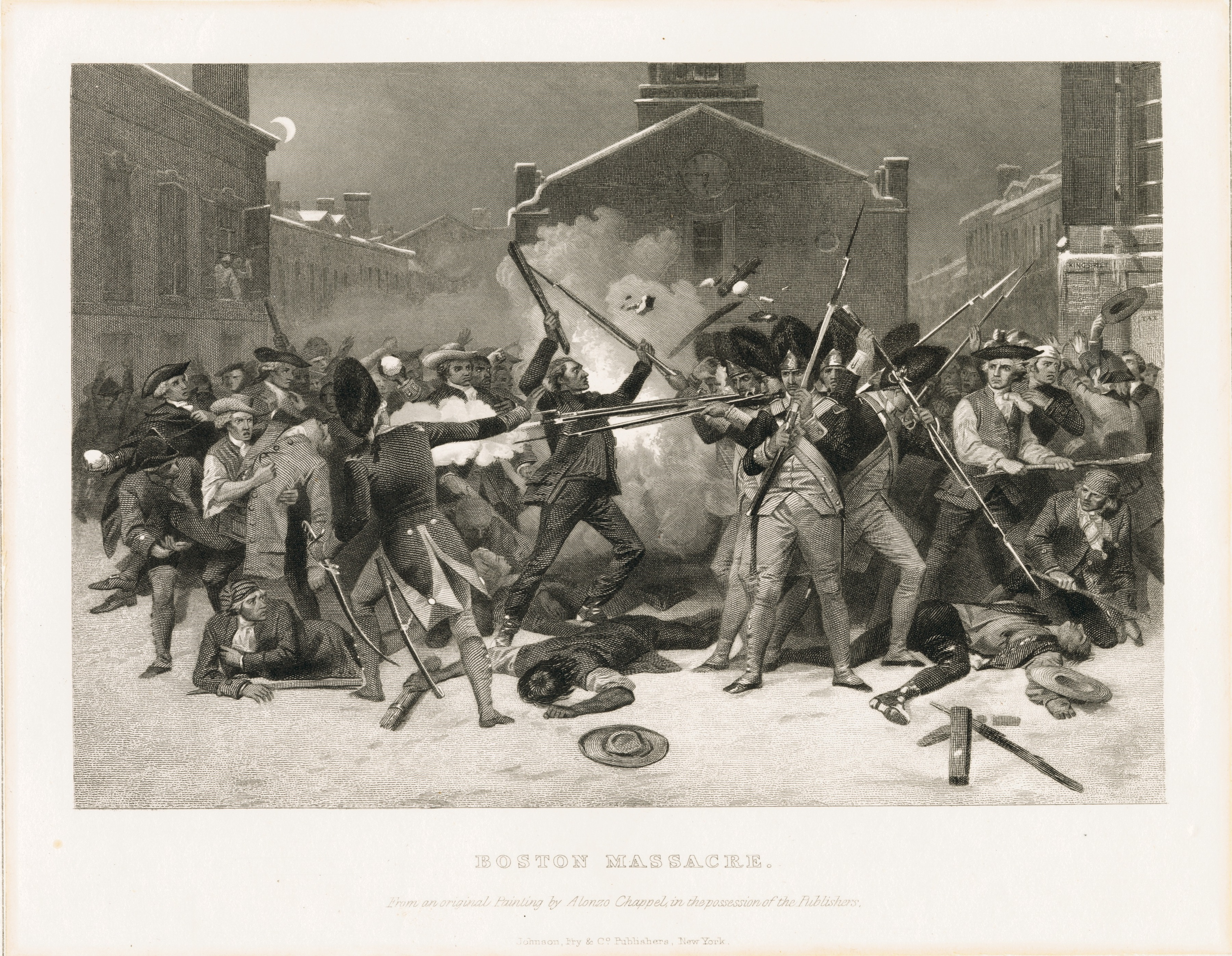|
Republicanism
Republicanism is a political ideology that encompasses a range of ideas from civic virtue, political participation, harms of corruption, positives of mixed constitution, rule of law, and others. Historically, it emphasizes the idea of self-governance and ranges from the rule of a representative minority or aristocracy to popular sovereignty. It has had different definitions and interpretations which vary significantly based on historical context and methodological approach. In countries ruled by a monarch or similar ruler such as the United Kingdom, republicanism is simply the wish to replace the hereditary monarchy by some form of elected republic. Republicanism may also refer to the non-ideological scientific approach to politics and governance. As the republican thinker and second president of the United States John Adams stated in the introduction to his famous '' A Defense of the Constitutions of Government of the United States of America'', the "science of politics ... [...More Info...] [...Related Items...] OR: [Wikipedia] [Google] [Baidu] |
Classical Republicanism
Classical republicanism, also known as civic republicanism or civic humanism, is a form of republicanism developed in the Renaissance inspired by the governmental forms and writings of classical antiquity, especially such classical writers as Aristotle, Polybius, and Cicero. Classical republicanism is built around concepts such as liberty as non-domination, self-government, rule of law, property-based personality, anti-corruption, abolition of monarchy, civics, civil society, common good, civic virtue, civic participation, popular sovereignty, patriotism and mixed government. Overview In the classical period itself the term ''republicanism'' did not exist, but the Latin term ''res publica'', which translates literally as "the public thing" or "the public affair", was in usage. There were a number of theorists who wrote on political philosophy during that period such as Aristotle (Politics), Polybius ( Histories) and Cicero ( De re publica and De Officiis), and their ideas ... [...More Info...] [...Related Items...] OR: [Wikipedia] [Google] [Baidu] |
Republicanism In The United Kingdom
Republicanism in the United Kingdom is the political movement that seeks to replace the United Kingdom's Monarchy of the United Kingdom, monarchy with a republic. Supporters of the movement, called republicans, support alternative forms of governance to a monarchy, such as an elected head of state. Monarchy has been the form of government used in the United Kingdom and its predecessor domains almost exclusively since the Middle Ages, except for British Interregnum, a brief interruption in the years 1649–1660, during which The Protectorate, a republican government did exist under the leadership of Oliver Cromwell. After Cromwell's Protectorate fell and the Stuart Restoration, monarchy was restored, governing duties were increasingly handed to Parliament, especially with the Glorious Revolution of 1688. The adoption of the constitutional monarchy system made the argument for full republicanism less urgent. It was once again a topic of discussion during the late 18th century with ... [...More Info...] [...Related Items...] OR: [Wikipedia] [Google] [Baidu] |
Niccolò Machiavelli
Niccolò di Bernardo dei Machiavelli (3 May 1469 – 21 June 1527) was a Florentine diplomat, author, philosopher, and historian who lived during the Italian Renaissance. He is best known for his political treatise '' The Prince'' (), written around 1513 but not published until 1532, five years after his death. He has often been called the father of modern political philosophy and political science. For many years he served as a senior official in the Florentine Republic with responsibilities in diplomatic and military affairs. He wrote comedies, carnival songs, and poetry. His personal correspondence is also important to historians and scholars of Italian correspondence. He worked as secretary to the second chancery of the Republic of Florence from 1498 to 1512, when the Medici were out of power. After his death Machiavelli's name came to evoke unscrupulous acts of the sort he advised most famously in his work, ''The Prince''. He concerned himself with the ways a ruler ... [...More Info...] [...Related Items...] OR: [Wikipedia] [Google] [Baidu] |
American Revolution
The American Revolution (1765–1783) was a colonial rebellion and war of independence in which the Thirteen Colonies broke from British America, British rule to form the United States of America. The revolution culminated in the American Revolutionary War, which was launched on April 19, 1775, in the Battles of Lexington and Concord. Leaders of the American Revolution were Founding Fathers of the United States, colonial separatist leaders who, as British subjects, initially Olive Branch Petition, sought incremental levels of autonomy but came to embrace the cause of full independence and the necessity of prevailing in the Revolutionary War to obtain it. The Second Continental Congress, which represented the colonies and convened in present-day Independence Hall in Philadelphia, formed the Continental Army and appointed George Washington as its commander-in-chief in June 1775, and unanimously adopted the United States Declaration of Independence, Declaration of Independence ... [...More Info...] [...Related Items...] OR: [Wikipedia] [Google] [Baidu] |
Res Publica
', also spelled ''rēs pūblica'' to indicate vowel length, is a Latin phrase, loosely meaning "public affair". It is the root of the ''republic'', and '' commonwealth'' has traditionally been used as a synonym for it; however, translations vary widely according to the context. ''Res'' is a nominative singular Latin noun for a substantive or concrete thing—as opposed to ''spes'', which means something unreal or ethereal—and ''publica'' is an attributive adjective meaning "of or pertaining to the public, people", hence a literal translation is "the public thing, affair", or "the people's thing, affair". The Latin term ''res publica'' was incompatible with the idea of absolute power by any individual or group over the body of citizens. The most essential characteristic of a ''res publica'' was liberty (''libertas''), which meant freedom from the arbitrary control of another and the absence of a monarchical domination over the body politic, that was analogous to the absolute ... [...More Info...] [...Related Items...] OR: [Wikipedia] [Google] [Baidu] |
Commonwealth Of England
The Commonwealth of England was the political structure during the period from 1649 to 1660 when Kingdom of England, England and Wales, later along with Kingdom of Ireland, Ireland and Kingdom of Scotland, Scotland, were governed as a republic after the end of the Second English Civil War and the High Court of Justice for the trial of Charles I, trial and execution of Charles I. The republic's existence was declared through "An Act declaring England to be a Commonwealth", adopted by the Rump Parliament on 19 May 1649. Power in the early Commonwealth was vested primarily in the Parliament and a English Council of State, Council of State. During the period, fighting continued, particularly in Ireland and Scotland, between the parliamentary forces and those opposed to them, in the Cromwellian conquest of Ireland and the Anglo-Scottish war of 1650–1652. In 1653, after dissolution of the Rump Parliament, the Army Council (1647), Army Council adopted the Instrument of Gover ... [...More Info...] [...Related Items...] OR: [Wikipedia] [Google] [Baidu] |
Civic Virtue
Civic virtue refers to the set of habits, Value (ethics), values, and Attitude (psychology), attitudes that promote the general welfare and the effective functioning of a society. Closely linked to the concept of citizenship, civic virtue () represents, therefore, the disposition of citizens to put the common good () before special interests. The identification of the character traits that constitute civic virtue has been a major concern of political philosophy. The term ''civility'' refers to behavior between persons and groups that conforms to a society, social mode (that is, in accordance with the civil society), as itself being a foundation of society and law. In republics Civic virtues are historically taught as a matter of chief concern in nations under republican forms of government, and societies with cities. When final decisions on public matters are made by a monarch, it is the monarch's virtues which influence those decisions. When a broader class of people become the d ... [...More Info...] [...Related Items...] OR: [Wikipedia] [Google] [Baidu] |
James Madison
James Madison (June 28, 1836) was an American statesman, diplomat, and Founding Fathers of the United States, Founding Father who served as the fourth president of the United States from 1809 to 1817. Madison was popularly acclaimed as the "James Madison as Father of the Constitution, Father of the Constitution" for his pivotal role in drafting and promoting the Constitution of the United States and the United States Bill of Rights, Bill of Rights. Madison was born into a prominent slave-owning Planter class, planter family in Virginia. In 1774, strongly opposed to British taxation, Madison joined with the Patriot (American Revolution), Patriots. He was a member of the Virginia House of Delegates and the Continental Congress during and after the American Revolutionary War. Dissatisfied with the weak national government established by the Articles of Confederation, he helped organize the Constitutional Convention (United States), Constitutional Convention, which produced a n ... [...More Info...] [...Related Items...] OR: [Wikipedia] [Google] [Baidu] |
Discourses On Livy
The ''Discourses on Livy'' (, ) is a work of political history and philosophy written in the early 16th century () by the Italian writer and political theorist Niccolò Machiavelli, best known as the author of ''The Prince''. The ''Discourses'' were published posthumously with papal privilege in 1531. The title identifies the work's subject as the first ten books of Livy's '' History of Rome'', also known as ''Ab urbe condita'', which relate the expansion of Rome through the end of the Third Samnite War in 293 BC, although Machiavelli discusses what can be learned from many other eras including contemporary politics. Machiavelli saw history in general as a way to learn useful lessons from the past for the present, and also as a type of analysis which could be built upon, as long as each generation did not forget the works of the past. Machiavelli frequently describes Romans and other ancient peoples as superior models for his contemporaries, but he also describes political ... [...More Info...] [...Related Items...] OR: [Wikipedia] [Google] [Baidu] |
Lucius Junius Brutus
Lucius Junius Brutus (died ) was the semi-legendary founder of the Roman Republic and traditionally one of its two first consuls. Depicted as responsible for the expulsion of his uncle, the Roman king Tarquinius Superbus after the suicide of Lucretia, in the traditional accounts it is he who led the overthrow of the Roman monarchy. He was then involved in securing the abdication of fellow consul Tarquinius Collatinus, and the suppression of a plot to restore the Tarquinian monarchy. He was claimed as an ancestor of the Roman gens Junia, including Decimus Junius Brutus and Marcus Junius Brutus, the most infamous of Julius Caesar's assassins. Traditions about his life may have been fictional, and some scholars argue that it was the Etruscan king Porsenna who overthrew Tarquinius. The plebeian status of the ''Junia gens'' has also raised doubts about his position as a consul and the alleged initial patrician domination of the office. Depicted as the nephew of Tarquinius, ... [...More Info...] [...Related Items...] OR: [Wikipedia] [Google] [Baidu] |
French First Republic
In the history of France, the First Republic (), sometimes referred to in historiography as Revolutionary France, and officially the French Republic (), was founded on 21 September 1792 during the French Revolution. The First Republic lasted until the declaration of the First French Empire, First Empire on 18 May 1804 under Napoleon, Napoléon Bonaparte, although the form of government changed several times. On 21 September 1792, the deputies of the Convention, gathered for the first time, unanimously decide the Proclamation of the abolition of the monarchy, abolition of the constitutional monarchy in France. Although the Republic was never officially proclaimed on 22 September 1792, the decision was made to date the acts from the year I of the Republic. On 25 September 1792, the Republic was declared "one and indivisible". From 1792 to 1802, France was at war with the rest of Europe. It also experienced internal conflicts, including the War in the Vendée, wars in Vendée. Th ... [...More Info...] [...Related Items...] OR: [Wikipedia] [Google] [Baidu] |
John Adams
John Adams (October 30, 1735 – July 4, 1826) was a Founding Fathers of the United States, Founding Father and the second president of the United States from 1797 to 1801. Before Presidency of John Adams, his presidency, he was a leader of the American Revolution that achieved independence from Kingdom of Great Britain, Great Britain. During the latter part of the American Revolutionary War, Revolutionary War and in the early years of the new nation, he served the Federal government of the United States, U.S. government as a senior diplomat in Europe. Adams was the first person to hold the office of vice president of the United States, serving from 1789 to 1797. He was a dedicated diarist and regularly corresponded with important contemporaries, including his wife and adviser Abigail Adams and his friend and political rival Thomas Jefferson. A lawyer and political activist prior to the Revolution, Adams was devoted to the right to counsel and presumption of innocence. He de ... [...More Info...] [...Related Items...] OR: [Wikipedia] [Google] [Baidu] |








